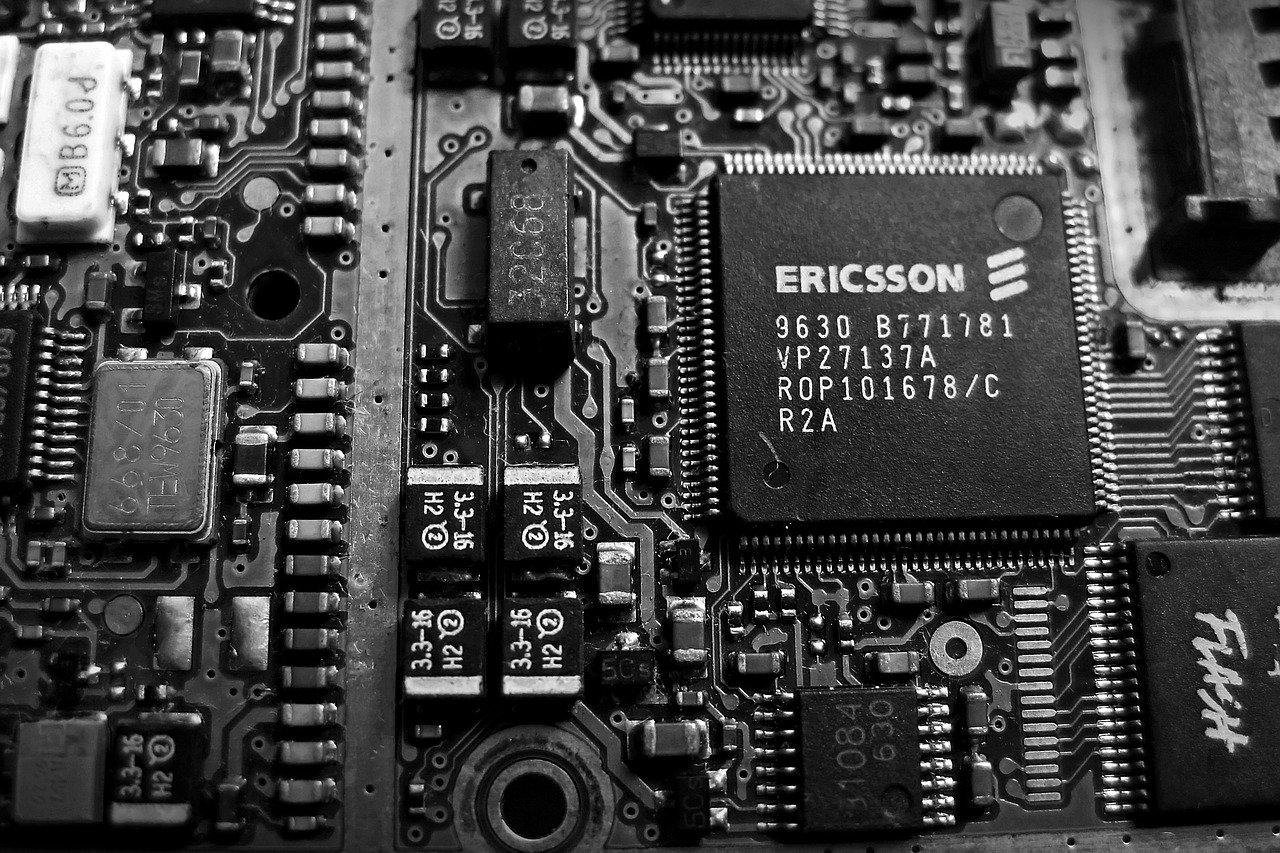In today’s increasingly globalized and digitized world, intellectual property rights (IPR) are becoming more crucial than ever. They serve as the bedrock of innovation, ensuring that inventors and businesses can protect and profit from their creations. The recent announcement from Sweden’s telecommunications giant, Ericsson, brings to light the significant value and intricacies of IPR. The company revealed its expectation to amass a noteworthy 11 billion Swedish crowns (equivalent to $1 billion) from its IPR licensing income for 2023.
Background: Intellectual Property Rights (IPR)
Before delving into the Ericsson-Huawei deal, it is essential to understand the importance of IPR in the modern corporate landscape. IPR is a legal construct that grants inventors, writers, and other creators exclusive rights to their creations. It’s a mechanism that fosters an environment conducive to innovation, allowing creators to benefit economically from their inventions and innovations.
IPRs can be in the form of patents, copyrights, trademarks, and trade secrets. While the definitions and laws surrounding these rights might vary across countries, the core idea remains the same: creators should have the right to control the use of their creations and gain economic benefits from them.
The Role of Ericsson in the Telecom World
Ericsson, a household name in the telecommunications sector, has been at the forefront of technological advancements for over a century. From pioneering early telephone switches to the latest 5G infrastructure, Ericsson’s contributions have been foundational. This leadership in innovation is coupled with an impressive portfolio of patents, which becomes a significant source of revenue for the company.
The Rise of Huawei
Similarly, China’s Huawei has emerged as a formidable player in the global telecommunications market. Established in 1987, the company has expanded its presence worldwide, providing a range of services from mobile and fixed broadband networks to consultancy and managed services. Like Ericsson, Huawei places significant importance on research and development, subsequently accumulating a vast array of patents.
The Cross-Licensing Agreement: A Win-Win
At the heart of this article is the renewal of a patent cross-licensing agreement between Ericsson and Huawei. This kind of agreement is relatively common among tech giants, serving to minimize potential legal disputes and fostering a spirit of cooperation. Both companies grant each other global access to their respective patented, standardized technologies, allowing them to leverage each other’s innovations.
But why would two companies, which can be seen as rivals, opt for such an agreement? The answer lies in the mutual benefits these deals provide:
- Reduced Legal Risks: By acknowledging and respecting each other’s patents, companies can drastically reduce the risk of expensive and time-consuming legal disputes.
- Access to New Technologies: Cross-licensing ensures that both parties can tap into and utilize technologies they might not have developed in-house. This can fast-track innovations and product development.
- Financial Gains: As with Ericsson’s predicted revenues from IPR licensing, these agreements can serve as a significant source of income. For innovators, it’s not just about making groundbreaking inventions; it’s also about ensuring they profit from their creations.
Given the vast patent portfolios both Ericsson and Huawei hold, it’s no surprise that their renewed multi-year deal is making headlines. “With the current portfolio of IPR licensing contracts, Ericsson estimates the full-year 2023 IPR licensing revenues to be approximately 11 billion crowns,” the Swedish company declared in its official statement.
The Broader Implications of Such Agreements
While the Ericsson-Huawei agreement serves as a prominent example, it is by no means an isolated event. In the cutthroat world of technology and telecommunications, companies are always on the lookout for ways to maintain their competitive edge. Cross-licensing agreements are one way to ensure that they can stay ahead without constantly being bogged down by patent wars.
Moreover, these agreements signify a shift towards a more collaborative approach in the tech world. Rather than fiercely guarding technological advancements, companies recognize the benefits of sharing, cooperation, and mutual growth.
Final Thoughts
In an era where technological innovations are occurring at a rapid pace, protecting and leveraging intellectual property becomes paramount. The recent announcement by Ericsson underscores the significant value of IPR and the sophisticated dance tech giants engage in, balancing competition with cooperation.
The renewed cross-licensing agreement between Ericsson and Huawei is more than just a business transaction; it’s a testament to the evolving nature of global business relationships. As companies recognize the mutual benefits of collaboration over confrontation, the tech world is set to experience more groundbreaking innovations that benefit both the industry and consumers alike.
Read More:
